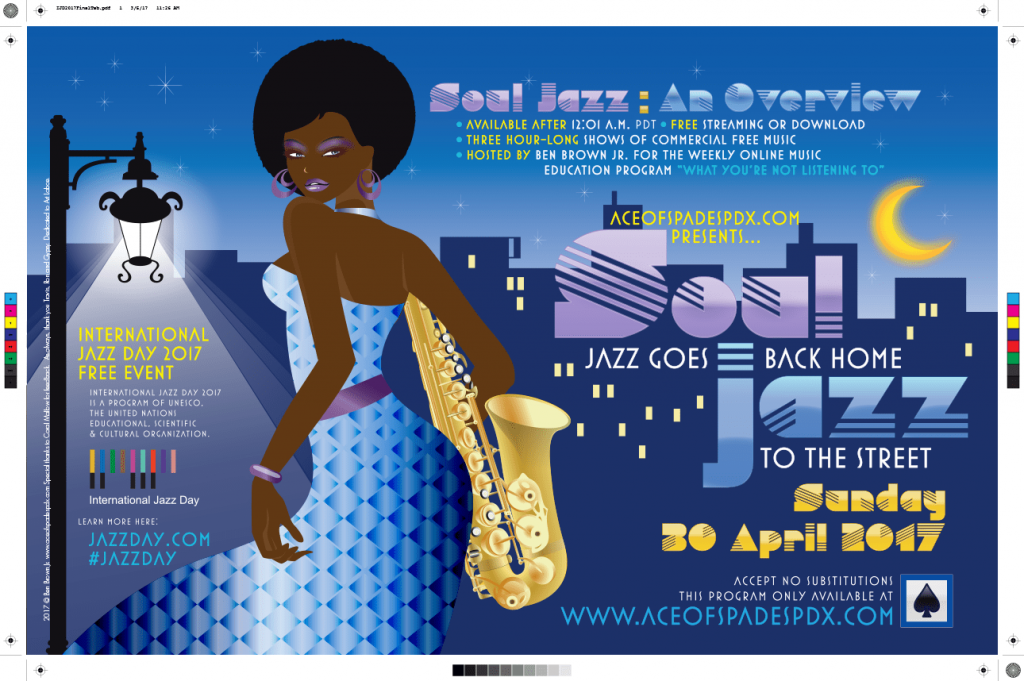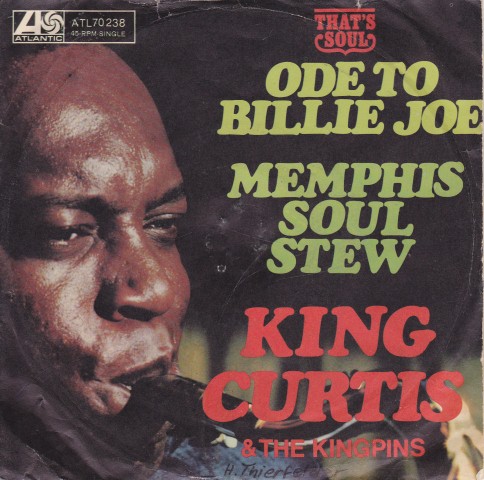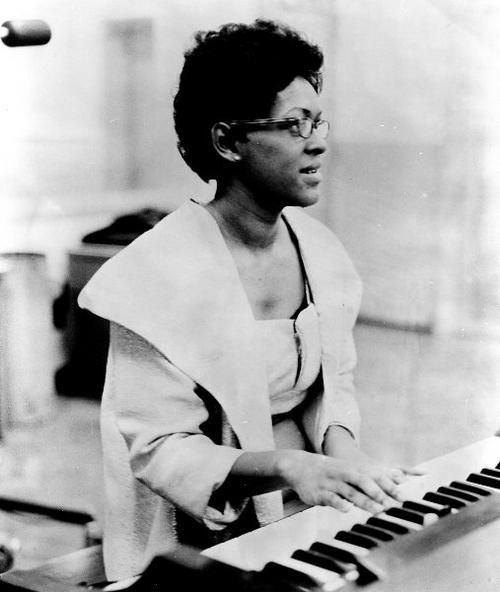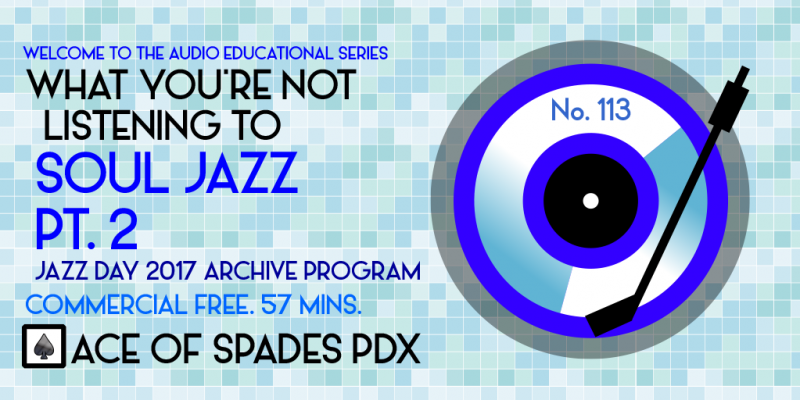Podcast: Play in new window | Download | Embed
The second and last of the final two International Jazz Day archive programs, featuring Jazz music’s biggest and most lasting impact on popular music. #jazzday #souljazz #jazz
Introduction, Pt. 2
Jazz elitism is a reflection not primarily of musicians but of a small section of die-hard music fans who think that something they have discovered is so pure and beautiful that anyone else finding out about it from someone else other than a true believer is sacrilege, and Soul Jazz would not be something of value you would have heard of on a Top 40 radio program, for example.

If Soul Jazz did one thing well, it was to bring the music back to the streets, away from intellectuals, elitists and snobs and back to the very neighborhoods it originally arose from. Many of these tracks were ones you could also dance to, not unlike Jazz music in the decades prior.
As Soul Jazz progressed, as all major music movements do, it became splintered. Some of it became Jazz Fusion; some of it became light or Smooth Jazz. Some of it became modern Soul/R&B; some of it became Jazz Funk. And some of it became immensely popular, creating a backlash with cries of “sellout” from those in the Jazz community who weren’t selling as many records as their contemporaries who refused to adapt their sounds to the changing directions in the genre.

Everything that Jazz had offered was finally now front and center, with many of these artists winning many major mainstream music awards or becoming some of the biggest R&B and Pop acts of the 1970’s. Nature abhors a vacuum, but unfortunately, some continued to live in their bubble, not realizing that the rest of the music-loving public could actually enjoy something just for the sheer pleasure of it, regardless of the label.
Looking back now, some four to six decades later, that you see the common thread in all of these recordings: at their core, their literal and figurative Soul is what glows brightest.

This program is the second of two parts. To hear the entire three hour program in its entirety, including a free download of the poster, visit this link, which will take you to my design site.
First Part
- Grazing In The Grass, Hugh Masekela, 1968, The Promise of a Future
- Messie Bessie, Shirley Scott, 1970, Something
- Help Somebody, Earth, Wind & Fire, 1971, Earth, Wind & Fire
- Funkier Than A Mosquito’s Tweeter (live), Nina Simone, 1974, Is It Finished
- Soulful Strut, Young-Holt Unlimited, 1968, Seven Days of Night
- Watermelon Man, Mongo Santamaria, 1963, Watermelon Man!
Second Part
- Funky Nassau, Pt. 1, The Beginning Of The End, 1971, Funky Nassau
- Memphis Soul Stew, King Curtis, 1967. Memphis Soul Stew
- Sookie Sookie (live)(full length album version), Grant Green, 1970, Alive!
- The “In” Crowd (live)(full length album version), Ramsey Lewis Trio, 1965, The “In” Crowd
Finale
- Honkey Tonk, Part 2, Bill Doggett, 1956, Everybody Dance the Honky Tonk
Love to you all.
Ben “Daddy Ben Bear” Brown Jr.
Host, Show Producer, Webmaster, Audio Engineer, Researcher, Videographer and Writer
Instagram: brownjr.ben
Twitter: @BenBrownJunior
LinkedIn: benbrownjunior
Design Site: aospdx.com
“Copyright Disclaimer Under Section 107 of the Copyright Act 1976, allowance is made for ‘fair use’ for purposes such as criticism, comment, news reporting, teaching, scholarship, and research. Fair use is a use permitted by copyright statute that might otherwise be infringing. Non-profit, educational or personal use tips the balance in favor of fair use.”
